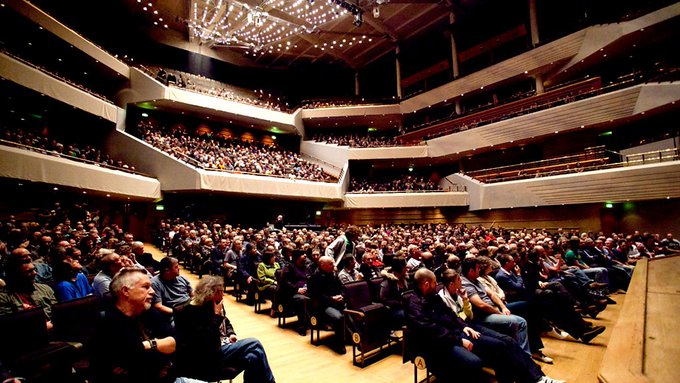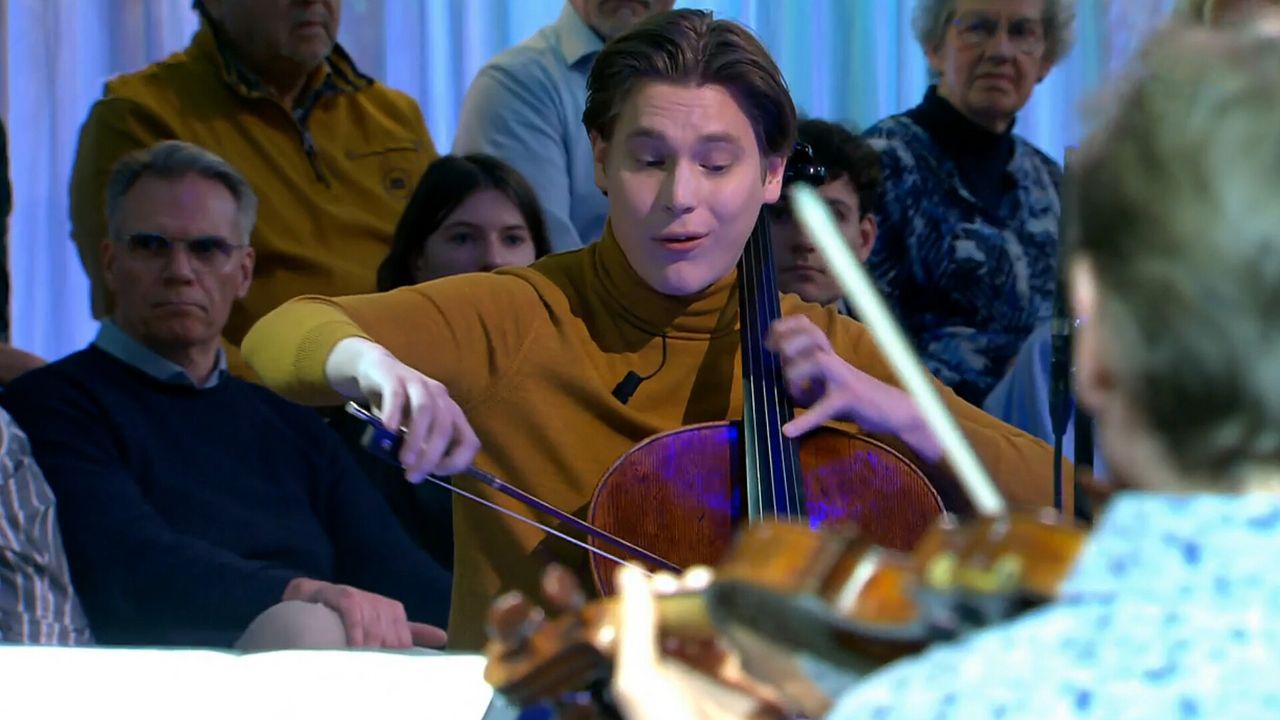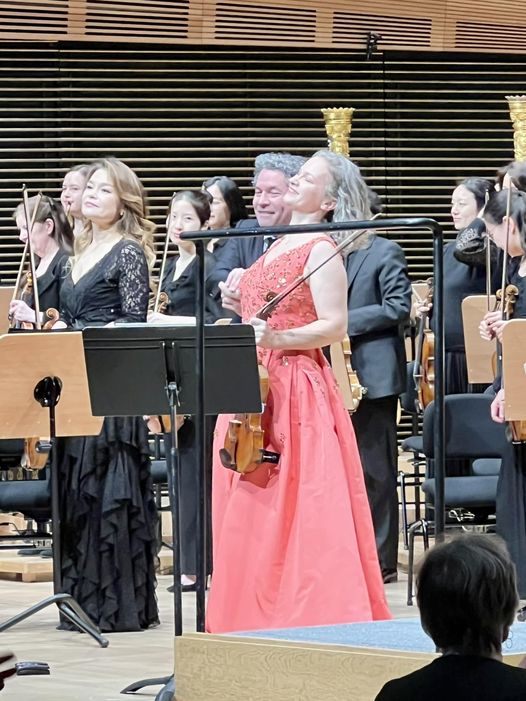The Halle archives its past
OrchestrasMessage from Manchester:
The Hallé is the first UK orchestra to celebrate its archive with a fully searchable online tool. On Sunday 21st January 2024, the Hallé launched its brand new, digital repertoire database. Over 20 years in the making, the Hallé is the only UK orchestra to date to have produced such a database. The fully searchable online tool contains over 40,000 listings of individual works, artists, soloists, concert halls and much more from 1858 to 1990. The database will continue to develop and grow but already allows the Hallé to share its history – from schools concerts to international tours and everything in between – far and wide.
https://archive.halle.co.uk






I wonder if the heavy drinking and gambling will appear in these archives?
it will be great to look over 50 years (so far) of Halle concerts I have attended….starting with Hindemith Concert Music for Strings & Brass; VW oboe with Lady B and the Eroica with Jimmy L.
Excellent
This is amazing. I keyed in “Adrian Boult” and learned he never conducted the Halle Orchestra. Seems strange – I will have to further check this out.
Cannot be. As a schoolboy I saw him conduct them in William Walton’s1st Symphony at the Free Trade Hall. Don’t remember the year though.
https://archive.halle.co.uk/performer/boult-adrian
1933 to 1974
Correction to earlier post. I tried again and this time got the listings of the dates Boult conducted the Halle. Sorry about that.
The archive is a bit confusing. It looks like Previn had conducted the Halle, but https://archive.halle.co.uk/performance/120/8/3
actually refers to a visit by LSO
Apparently it also includes other orchestras led by conductors who have appeared with the Halle at the Free Trade Hall. I noticed this elsewhere in the extensive listings.
Congratulations. And about time all orchestras follow suit.
Quite – how hard can it be, right? All it takes is the existence of a fully comprehensive physical archive (with archivist, store room, conservation policy, catalogue etc) and then the funding to pay someone to input the contents of 100+ years of programmes into a database.
Assume 100 concerts per year, an average of 5 pieces per concert, plus conductors, soloists, choruses, details of date and venue etc and you’re looking at something like a minimum of 150,000 individual pieces of data to be inputted (in reality it is likely to be far, far more). The person doing it will also need to be highly musically literate, in order to distinguish between different names/numbers given to the same works, identify and correct typos, implement consistent spellings (Rachmaninoff of Rachmaninov?) etc.
If you can offer the budget to fund that work, I can put you in touch with orchestras who would be thrilled to “follow suit”. The Halle is in a fortunate position, but I know for a fact that some orchestras have applied to the Heritage Lottery Fund to undertake similar archive projects and have had their applications declined.
Someone doesn’t necessarily have to be paid to input the info. Databases in Family History Societies are largely completed by Volunteers, with training to input into software. Yes, the software has to be developed and paid for but I wouldn’t mind betting there’d be many other orchestras could recruit volunteers from their faithful fans for such a task. Oh, and the FHS Volunteers often have to read and interpret ancient writing, not printed sources.
A fabulous resource…
Sadly it isn’t complete. James Murray played the Bruch Scottish Fantasy in the Free Trade Hall on June 10th 1975 (he was my violin teacher and I still have the programme).
So obviously you’re now going to share that programme with the Halle archivist, right?
Have done….
This concert is listed. Just search “James Murray” and it and other dates pop up.
No, I am wrong again. That date does not appear.
So Norman, how about a new thread on orchestras, opera companies, and performance arts venues that actually have this sort of database? I am curious of what the readers can come up with. Game?
The New York Philharmonic has one.
https://archives.nyphil.org/
And it includes copies of parts, useful for researching bowings and making corections
The trend started by The Metropolitan Opera, Carnegie Hall, and the Boston Symphony Orchestra was soon followed by the New York Philharmonic and a handful of others. It is costly and time consuming to enter the data and I’m very pleased to see that other musical organizations are doing the same. It is a wonderful tool where available for research in my work as an appraiser of composer and music archives.